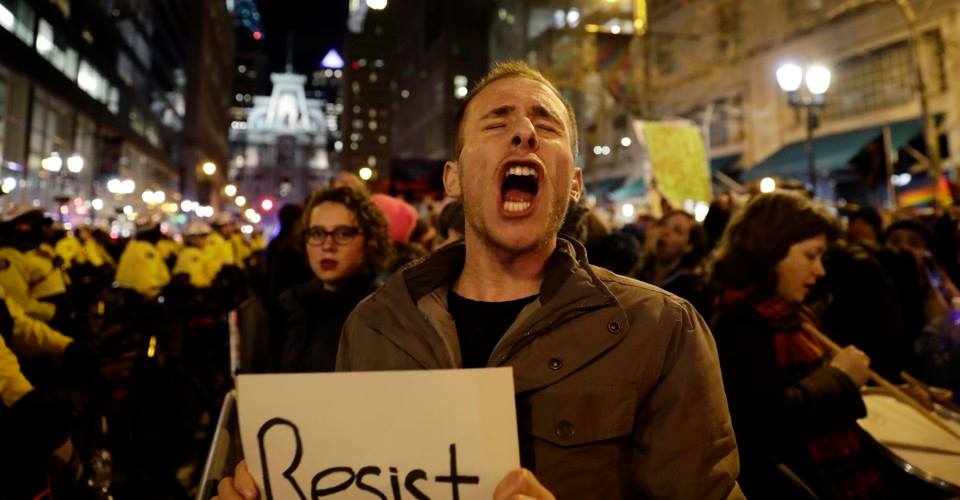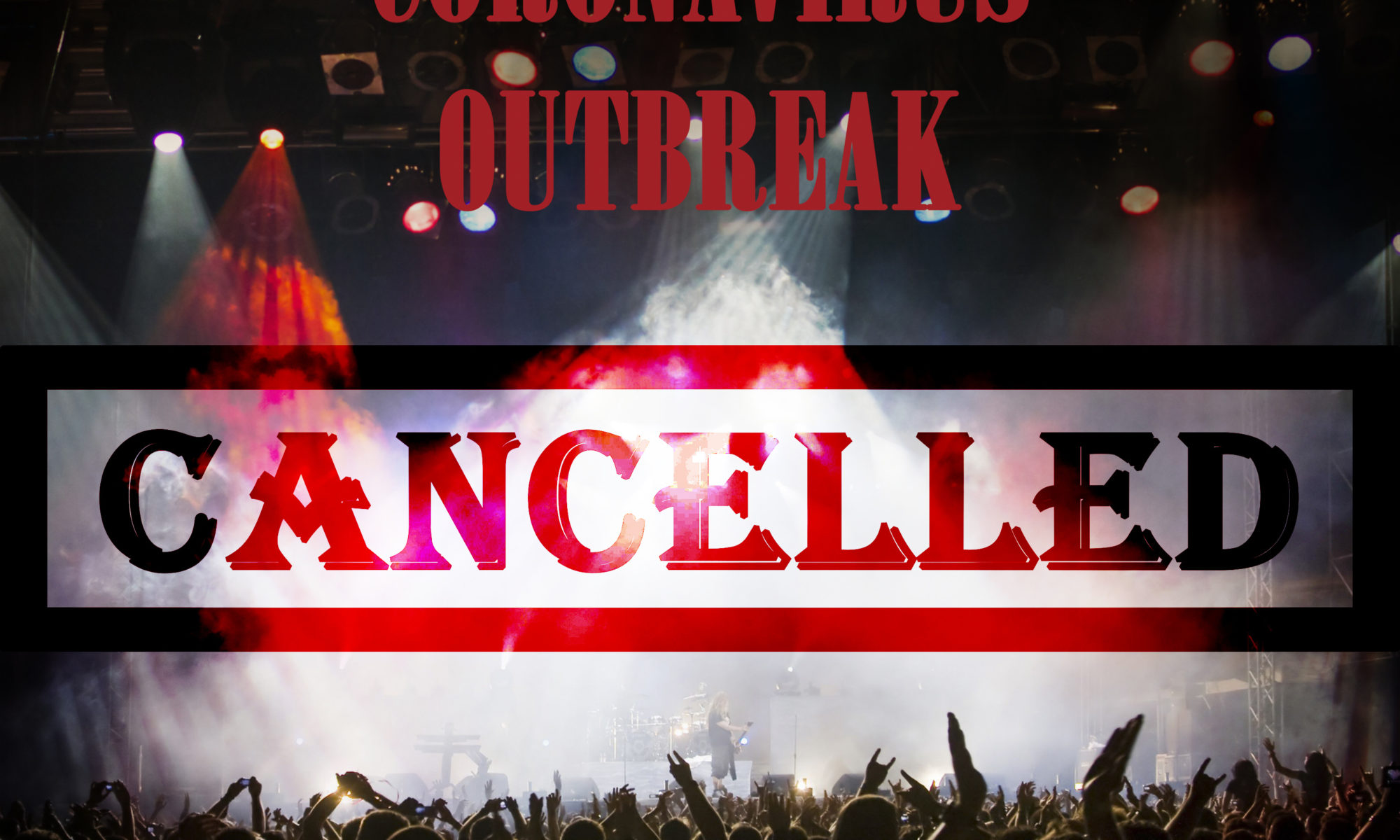Coronavirus (COVID-19) pandemic not only determines our agenda but also surrounds us all. What we do and what we cannot, everything is related to it. We live through the pandemic and speak its language. Our way of seeing the present world, our ways of understanding the past and envisioning the future are all under transformation. This epistemological shift, most probably, will become more distinctive in the following days and we will discuss it a lot. My intention here is to think about how our relationship with music gets and can get its share of this transformation.
Keywords: Corona pandemic, precarity, solidarity
Coronavirus pandemic dramatically revealed capitalism’s devastating effects on environment, health systems and labor markets in most of the world. We realize that the pandemic does not, as it is often claimed, affect us all equally. Maintaining psychological well-being, as in the case of access to the health services, cannot be conceived independent of class, racial and gender and other inequalities. In the face of these, we try to build solidarity practices, albeit weak; we hold onto any individual or collective action that reaffirms our hope in the humanity. If we will have a few good memories about the days of pandemic, we can surmise that music will play either a leading or a side role in a significant number of these memories. What we commonly feel watching the street and balcony performances in Italy reminds us the music’s power to create collective affect and hope. Watching households from all around the world performing collective – often humorous – music and dance shows in their homes warms our hearts. However, the world does not turn into a better place just because there is music. Music, with its production and consumption processes, is also surrounded by power relations and musical practices of the pandemic days struggle with the same inequalities as well.
Full of music in the days of Corona
In the early days of “stay at home” calls – as if millions of people do not have to go to work or everyone has a house to shelter in – institutions such as The Berlin Philharmonic, The Metropolitan Opera House, The Royal Opera House, where you normally pay a small fortune for a ticket – made their concert archives open to public. These small treats – as only a limited number of performances were made freely available – surprisingly and suddenly awakened the classical music enthusiast in us. We started to share links with each other, watching concerts one after another. While we were enjoying the “high” art being accessible to “everyone,” another question popped up in our minds: shouldn’t these concerts be available to public all the time? What matters is what we are going to do with this question. Once the pandemic is over, are we going to accept the closing down of the archives – and hundreds of museums, libraries, databases – and the exorbitant ticket prices as normal?
In the meanwhile, we rediscovered the internet. Specifically, studies on distant education played an important role in discovering the communication possibilities offered by the internet. Yet who had access to the internet?
With the musical performances moved to the online platforms, we were able to follow online home-concerts by musicians that we love and perhaps would never be able to listen in “live” performances. It is worth examining the difference between the instant communication in these concerts and the live performances as well as its effect on the performance and audience. In a similar manner, band members’ practicing over the internet in the isolation of their homes and then their simultaneous performance with the other band members on Zoom constitute a rather new experience in music production; for example Dubioza kolektiv or Norah Jones. Undoubtedly, crowded dance parties to which everyone can join from their homes, for instance online all-day-long dance parties in the US, bring forth a brand new understanding to entertainment and clubbing culture. In short, it is not that difficult to assume that these new engagement forms born out of the internet interaction in the days of Corona will influence music production and consumption, leading to a paradigm change as mentioned at the beginning of this article.
My friend, all my concerts are cancelled!
So, what happens to so many musicians and workers in the music market in what we can call a music feast for the audience?
In New York City, on March 12, the days when we realized the pandemic is taking a serious turn, a musician posted on his Facebook profile that a series of concerts of which he was the organizer and performer were cancelled (for more, see the cancellation tracker). Some of the comments under the original post expressed the commenters’ concerns about the pandemic and their good wishes or their disappointment for not being able to watch The Flying Dutchman at the Metropolitan Opera in the following week. Some of the comments, however, indicated what these cancellations mean for those in the music market as well as the dominant precarity in the market. One of them wrote: “Brother I lost all my gigs it’s scary😳.” When the precarity of labor market started to make its presence felt in all lines of work, we faced not only the size of the gig economy in the US but also that the precarity is our common problem. Our only consolation is that this issue has sparked a meaningful discussion, albeit limited, in several countries.
The art of precarity
It is obvious that we live in an environment where the inequity has become the norm. Indeed, due to the similarity of work conditions, when we write “music,” you can read “art.” Music market emerges as one of the labor markets with utmost precarity due to flexible work hours, informal employment and lack of organization. As a result, it operates as a social network unable to resist the social power relations that create these very conditions. Yet in the public perception of music labor, individuals’ class status often remains latent and the inequalities among musicians are often too vague. Another dimension of this vagueness stems from its perception as entertainment business; any news of disaster can rapidly lead to concert cancellations. Musicians who suffer from these cancellations primarily object to this response saying, “music cannot be regarded only as a tool of entertainment.” Besides, especially in the cases of prolonged disaster, music is very much needed as “a tool of entertainment,” which can be seen in several historical precedents and our present experience. Nevertheless, these cancellations mean that state institutions, municipalities and private corporations halt their support to the music market, which ultimately means that many musicians and other individuals working in this field became unable to support themselves.
After the days of Corona
We all look forward to the end of the pandemic and life going back to “new normality.” Yet, if we remember the beginning of this text, when this pandemic is over not only the world but also our ways of understanding the world will be different as well. While the social inequality and tight control over the society, as revealed and amplified by the pandemic and when accompanied with financial crisis, carries the potential to turn into a catastrophe, it is also possible to read these problems critically, expose them and develop resistance and solidarity practices. We can develop a two-tier response to the bitter reality in all flexible and precarious labor markets including the music market.
First, we must remember and be reminded of the responsibilities of the state, and open them to discussion. Although some countries such as Germany announced special financial aid programs for musicians and other freelancers during the Corona pandemic, which in itself is an important step, we need to make demands for permanent solutions. In France, intermittens du spectacle, the system designed to provide regular income within the short-term, piece-based work schedule of performance arts, enables the artists to receive paychecks when they are not working as long as they have a certain number of performances within a year. It is possible to demand a similar system everywhere. Under current conditions, informal employment constitutes the first phase of precarity in many fields including performance arts. Thus, it is of paramount importance that this sector achieves secure and formal employment in the first place; then a collective demand for a more feasible system than unemployment payment should be put on the table. It is indeed possible that this demand evolves into universal basic income practice for every individual residing in the country within a broader and more comprehensive scale. Ensuring every resident’s right to life is the state’s one of primary responsibilities that has been long forgotten.
Secondly, we, as social actors, are capable of establishing humane and egalitarian relationships beyond our relationship with the state. Building solidarity practices in the field of music in the broadest and most egalitarian manner, as in other facades of life, should argue for an opportunity to eliminate the multi-dimensional power relations shaping this sector. It is time to discuss solidarity models in which the audience become active participants in the process.
Times of disaster, like what we experience now, create an awareness of their devastating effects even in the fields where organization practices are scant, as for example in music labor. The most meaningful outcome of the current destruction and the fallout of the Corona pandemic for the musicians as well as all precarious workers will be to build organization practices inclusive of all active actors in the production and consumption processes.
Evrim Hikmet Öğüt has completed her Ph.D. in Ethnomusicology at Istanbul Technical University Centre for Advanced Studies in Music (MIAM) with a dissertation titled “Music in Transit: Musical Practices of the Chaldean-Iraqi Migrants in Istanbul”. She teaches as an associate professor at MSGSU Ethnomusicology program. Her video project on the musical practices of Syrian musicians in Istanbul is available at www.soundsbeyondtheborder.org.
She is currently researching on the Arab and the Middle Eastern identities in the New York music scene as a visiting scholar, CUNY Graduate Center Music Program.



